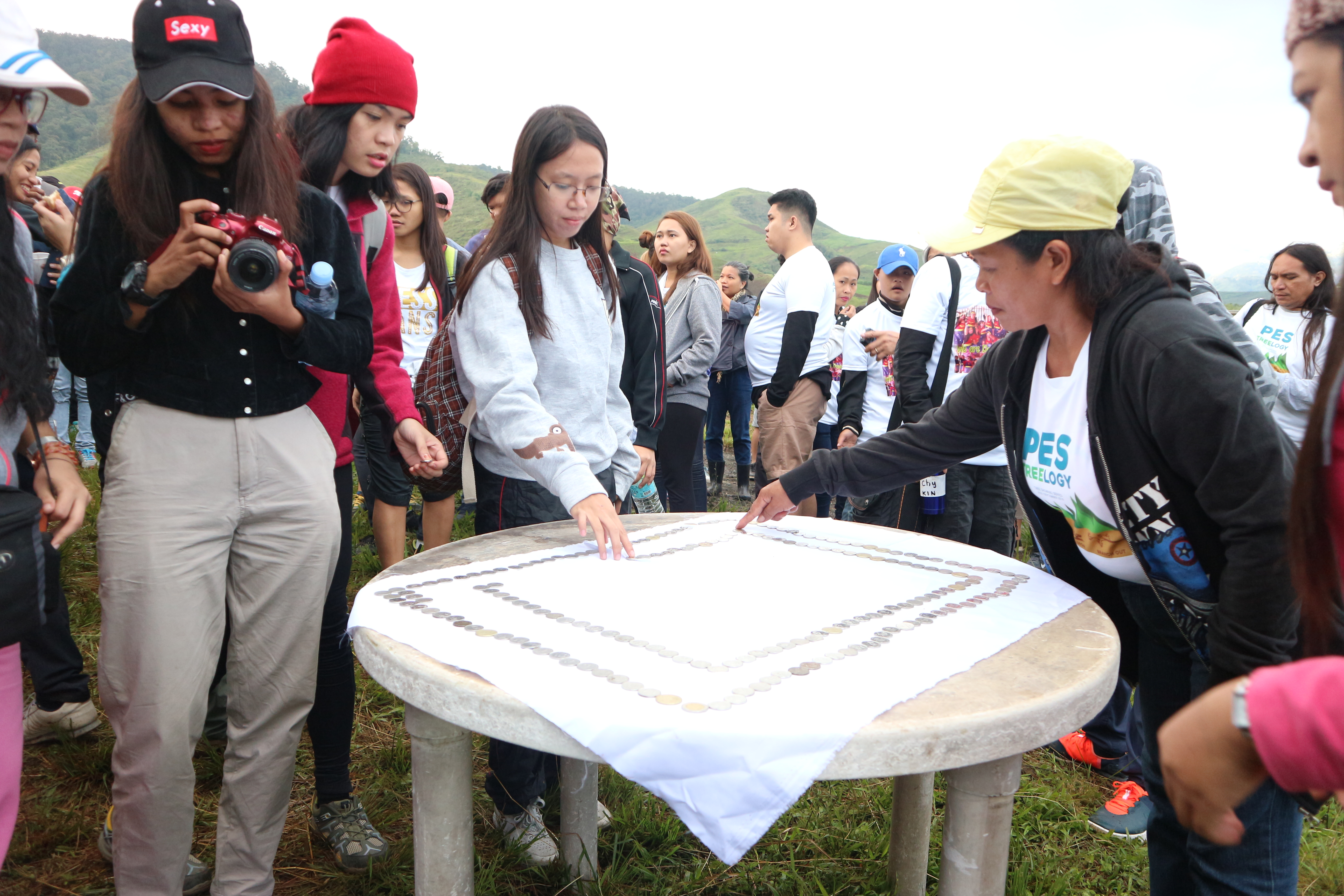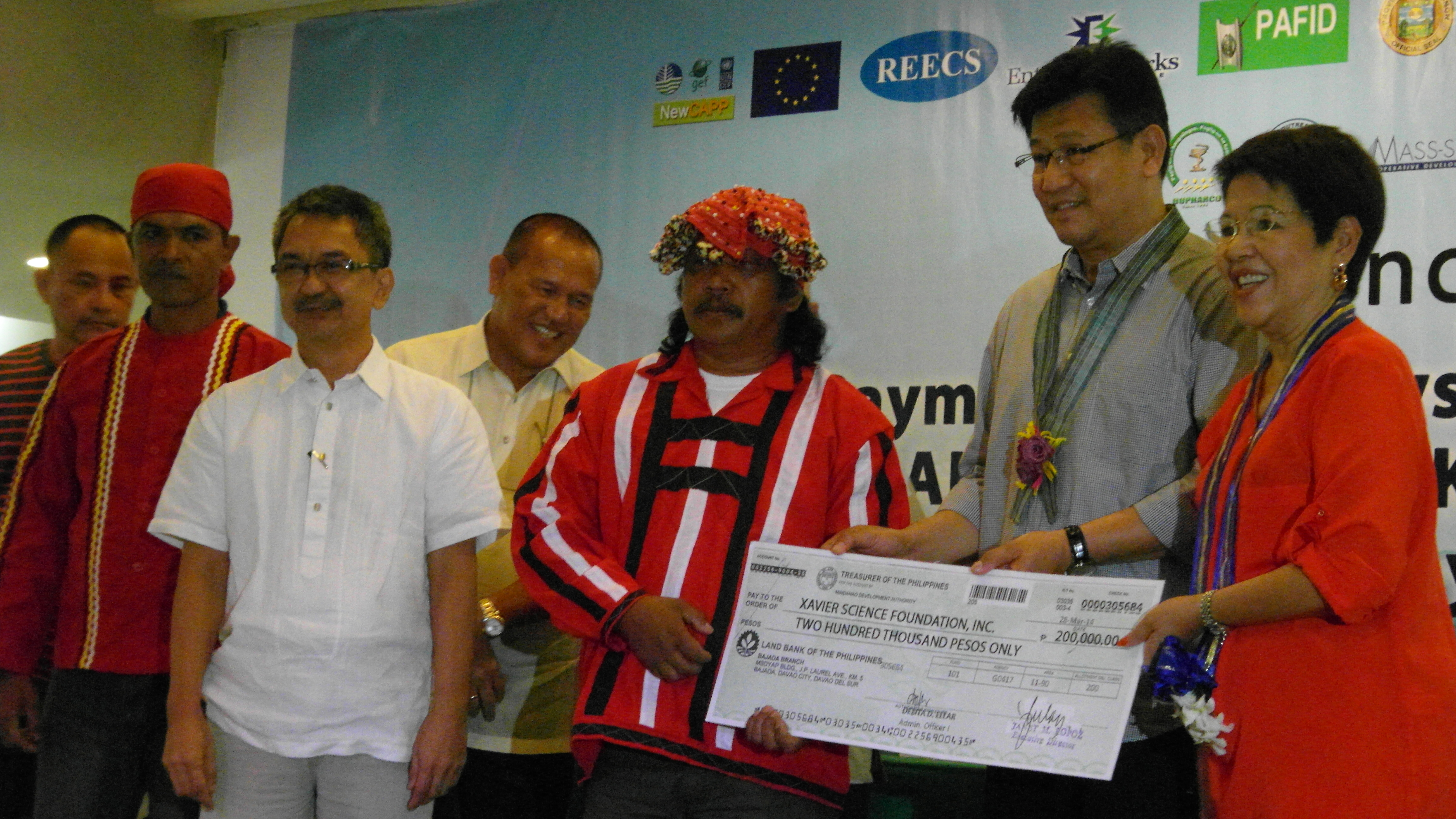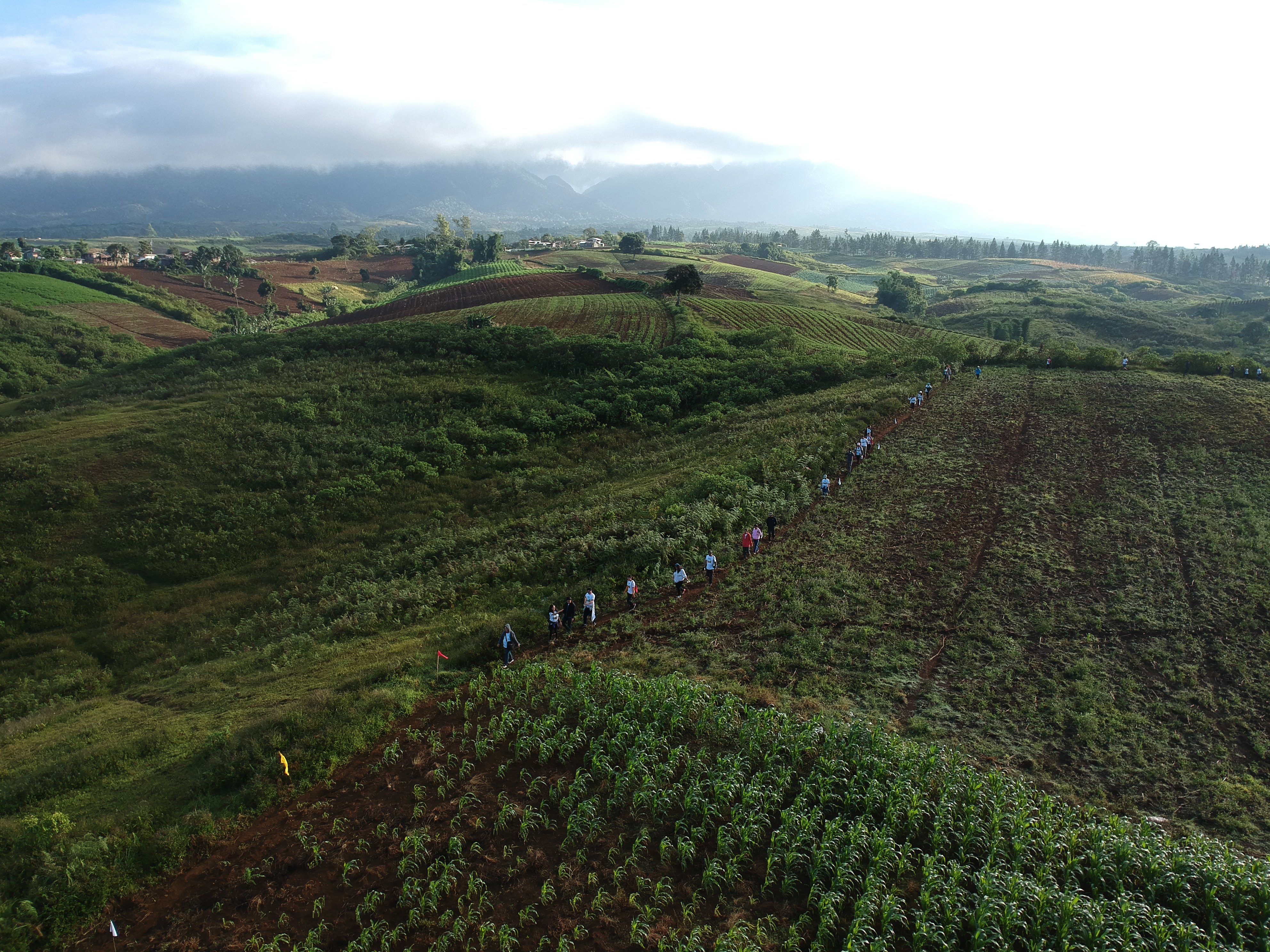Financial innovation helping reforestation efforts by indigenous communities in the Philippines
Organization: XAVIER SCIENCE FOUNDATION, INC.
Donor: Government Agencies, Academics, Cooperatives and Individuals
Beneficiaries: 10000
Photo credit: Xavier Science Foundation, Inc
In a protected mountainous region of Bukidnon in the Philippines, indigenous people are providing ecosystem services by planting endemic forest trees and coffee following the introduction of a voluntary payment mechanism that incentivizes businesses, organizations and individuals to provide financing.
In 2011, tropical storm Sendong (known as Severe Tropical Storm Washi outside of the Philippines) battered the island of Mindanao. With the slopes of Mt. Kalatungan denuded due to intense deforestation, much of the monsoon rainwater quickly flowed down the slopes and the Cagayan de Oro River swelled. This contributed to massive flash floods in the cities of Cagayan de Oro and Iligan, which caused over 1,000 deaths, devastated large areas and caused widespread urban displacement.
With the frequency and intensity of tropical storms only increasing as a result of climate change, the pressing need for action became clear in the aftermath of the tragedy. The lives of people downstream were inextricably linked with what happened upstream, as explains Executive Director of Xavier Science Foundation, Roel Ravanera: “We are all interconnected. We need to work together, especially in these trying times to survive.”

The idea of the organization that Roel Ravanera leads was to introduce a conservation model adopted by various groups all over the world to the local area. The voluntary payment mechanism creates a system whereby incentives provided by businesses, civil society organizations and individuals are offered to indigenous communities in upland areas to manage the land by planting endemic forest trees and coffee. This has the effect of empowering indigenous people to manage their ancestral land.
The intervention, called Payment for Ecosystem Services, started in 2014 with the aim to reforest sub-watersheds – prioritized areas identified for reforestation. Furthermore, it aims to ensure a sustainable water supply to local communities for whom the areas surrounding Mt. Kalatungan are home, together with urban communities downstream.
Originally initiated as a five-year pilot project, it has shifted from being a reactive response to the Sendong floods to a proactive means to address current and future environmental, social and economic challenges. Payment for Ecosystem Services is based on a multi-sectoral approach: Xavier Science Foundation acts as the intermediary, with corporations, socio-civic organizations, businesses, government offices and the whole community encouraged to invest in the ecosystem services. This financial backing supports a number of different activities including mapping, land preparation, seedling maintenance, geo-tagging, monitoring, and capacity building in indigenous communities among other things.

The area surrounding Mt. Kalatungan has been designated as a Key Biodiversity Area and supports threatened flora and fauna, as well as being home to Bukidnon tribes that depend on the forest for food and medicine. Its watersheds are major sources of water contributing to four major river systems within the Cagayan de Oro River Basin.
Through the adoption of rain forestation technology, the initiative is providing additional income to families from the coffee produce while ensuring that the endemic forest trees grow. This is helping to reforest denuded areas in the region, in particular those with a special focus on critical watershed areas. Furthermore, reforestation is also a means to safeguard the culture and traditions of indigenous peoples that consider the forests around Mt. Kalatungan to be sacred.

The project is backed by a range of local and regional stakeholders including the Barangay and municipal local government, government agencies and civil society organizations, with Xavier Science Foundation providing technical assistance and linkage with funding institutions. Local leadership and agency are provided through local partners.
The first phrase was implemented by Miarayon Lapok Lirongan Tinaytayan Talaandig Tribal Association (MILALITTRA), a local Indigenous Peoples organization in the municipality of Talakag, which has allotted more than 1,600 hectares for reforestation. The second installment is currently being implemented by Nagkahiusang mga Manobong Manunuod sa Yutang Kabilin (NAMAMAYUK) in the municipality of Pangantucan with a different partner. The NAMAMAYUK community is an indigenous people’s organization with more than 300 members.
NAMAMUYUK employs a consensus type of decision-making and participation, and approval of any activities must be sought through their Council of Elders. A core Payment for Ecosystem Services team has also been established with 12 members made up of Bantay sa Yutang Kabilin (Forest Guards) and youth. While the project will directly reach more than 300 families in the NAMAMAYUK organization, its wider impact will serve thousands more.